The U.S. must consider including displaced people in employment based-visa pathways
Talent Beyond Boundaries (TBB) U.S. is a leading voice for advancing the inclusion of displaced people in employment-based visa pathways, advocating for the U.S. government to address barriers that prevent displaced people from relocating through U.S. employment-based pathways. TBB provided input in December 2023 and January 2024 on two proposals from the U.S. government to make administrative policy changes. In these comments, TBB addressed the impact of proposed changes on displaced people.
TBB advocates for stateless and displaced people in H-1B specialty visa applications
TBB and United Stateless (USL) jointly submitted a comment in response to the U.S. Citizenship and Immigration Services (USCIS), Notice of Proposed Rulemaking, “H–1B Requirements, Providing Flexibility in the F–1 Program, and Program Improvements Affecting Other Nonimmigrant Workers.” In the proposed rule, USCIS proposes to require H-1B beneficiaries to register before the H-1B lottery and to have a current passport number to complete the registration form. USCIS also invited comments to address how this requirement might impact stateless people.
In response, TBB and USL:
Commended USCIS for considering the proposed rule's impact on stateless people.
Noted that a requirement to present a valid passport would impact many refugees and stateless individuals. This is because many states have limited consular representation, and many refugees fear being harmed if they approach the embassy of their country of origin.
Urged USCIS to adopt a policy that would address the underlying concern about the ability to identify individuals with multiple registrations without penalizing individuals who cannot access travel documents because they are refugees or stateless individuals. Specifically:
Where an individual does not have and cannot obtain a passport, USCIS should allow individuals to provide a unique identifier other than a passport, accompanied by an explanation of why they cannot get a valid passport.
Require such individuals to submit a unique identifier consistent across all H-1B registrations. USCIS is codifying its ability to deny H-1B petitions or revoke approved H-1B petitions where applicants have submitted registrations with inconsistent identifiers, so requiring one consistent identifying number will balance the need for identification and flexibility for people with international protection needs.
TBB supports updating Schedule A to reflect current labor demand
Talent Beyond Boundaries (TBB) also responded to the Department of Labor (DOL)’s Request for Information about modernizing Schedule A. TBB strongly supports updating Schedule A to reflect current labor demand conditions.
Employment-based immigration, like so many other parts of the U.S. immigration system, has faced extensive backlogs and delays. The first step of the process is to obtain certification from the DOL that the employer cannot hire sufficient staff locally and will not undermine wages for existing workers. As of November 30, 2023, DOL was processing applications for labor certifications filed in February and April 2023 – a delay of seven to nine months for employers even to demonstrate that they face challenges hiring staff, the first step of many.
Existing regulations allow DOL to proactively address known areas of national labor demand through Schedule A, which is intended to streamline visa timelines for occupations facing national labor demand. When DOL designates an occupation for Schedule A, it exempts employers from the requirement to seek labor certification, bypassing this extensive backlog.
Despite record job openings, DOL has not updated this list since 1991, the year in which the Dow Jones first closed over 3,000, Mikhail Gorbachev resigned as leader of the Soviet Union, and the top song on the U.S. charts was "(Everything I Do) I Do It for You" by Bryan Adams. Only two occupations are on the frozen-in-time Schedule A: nurses and physical therapists.
Simply stated, Schedule A does not reflect current labor demand – nor even the current world of occupations. This represents a significant failure to utilize existing authority to streamline visa processes and support potential employees and U.S. employers. TBB supports updating Schedule A to reflect current market conditions.
How to update Schedule A is as important as considering whether to update Schedule A. The goal for DOL should be to develop a methodology for regular updates and to use objective and data-based methodology.
Such a methodology has already been developed: A group of economists and immigration scholars have proposed the Help Wanted Index, a methodology that can provide objective criteria to identify occupations with high levels of vacancies. The Help Wanted Index methodology would lead to designations of 28 occupations (rather than 2), which together still represent a modest six percent of PERM applications. The Help Wanted Index shows that data-driven criteria can provide a methodology to designate occupations in a manner that is insulated from industry-specific considerations.
Ultimately, employment-based immigrant visa backlogs are acute not only because of delays in the PERM process and the failure to update Schedule A, but also because of the shortage of immigrant visas. Another priority, outside the control of DOL, is for Congress to authorize additional immigrant visas, including by exploring visa recapture.

